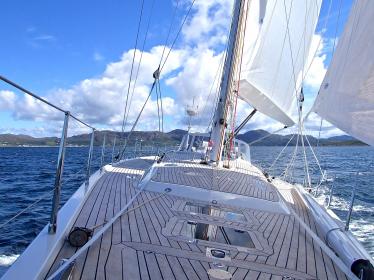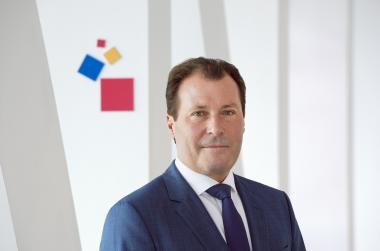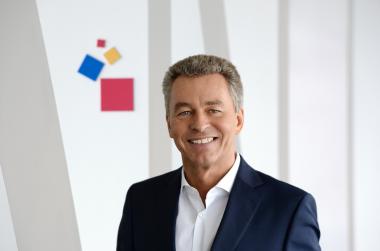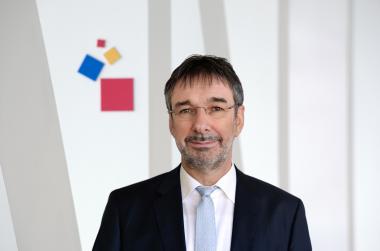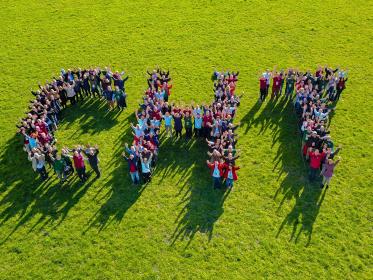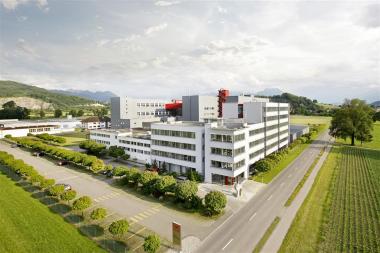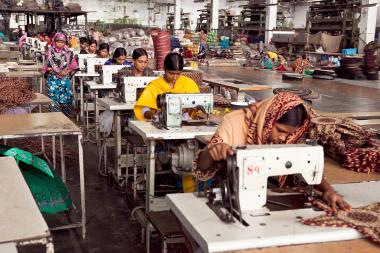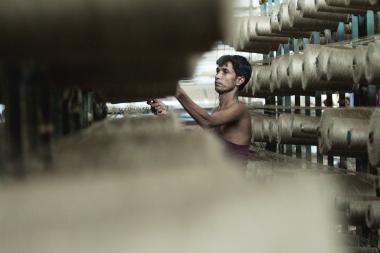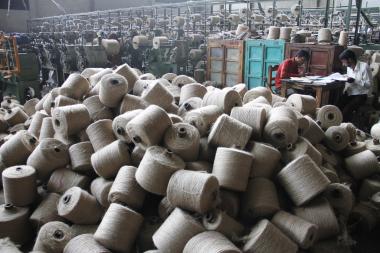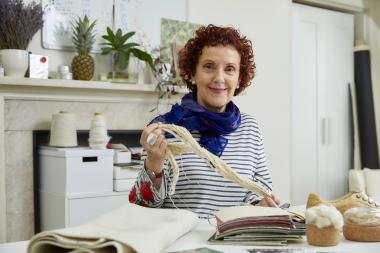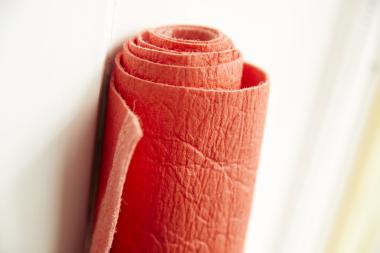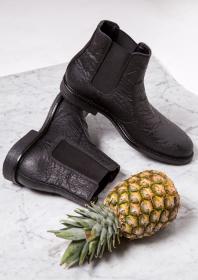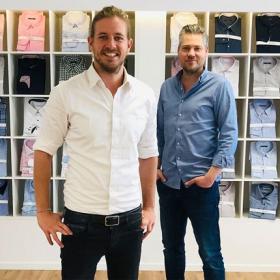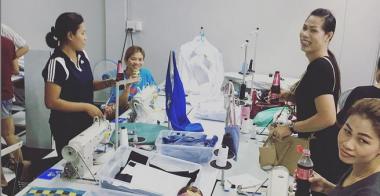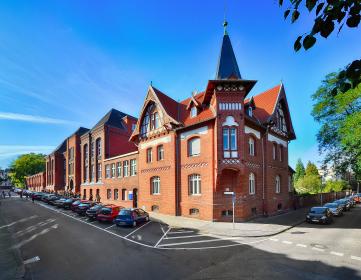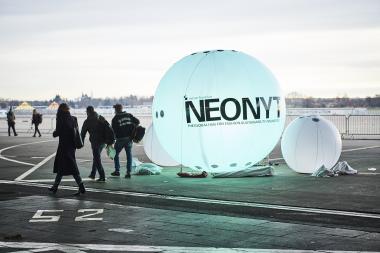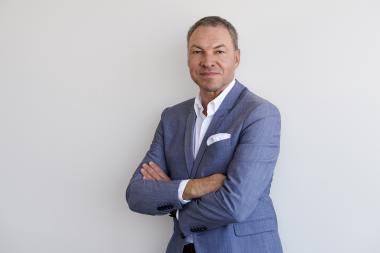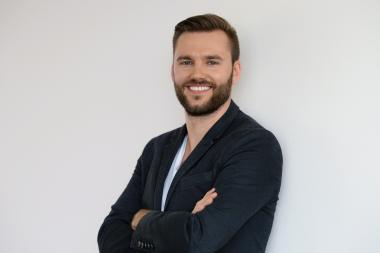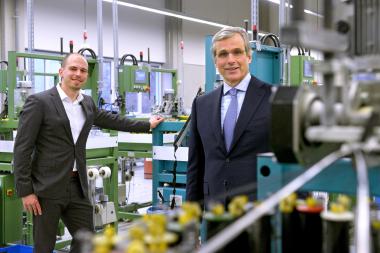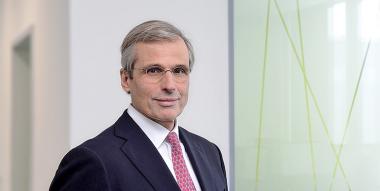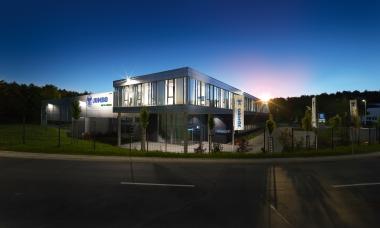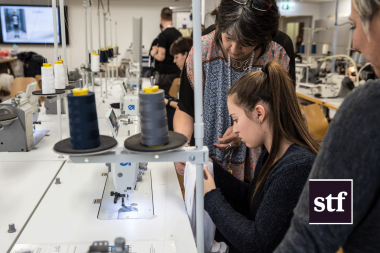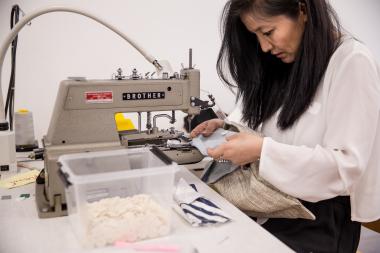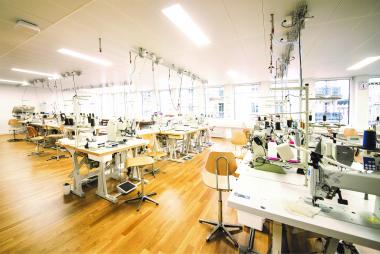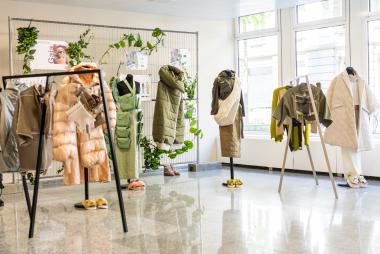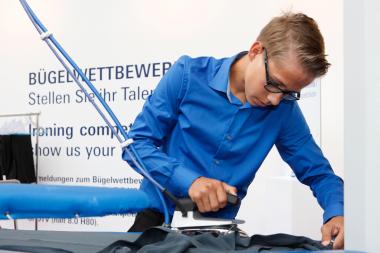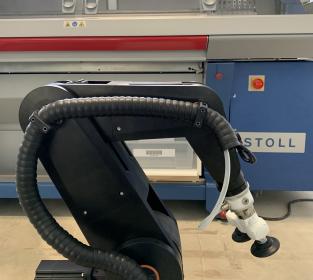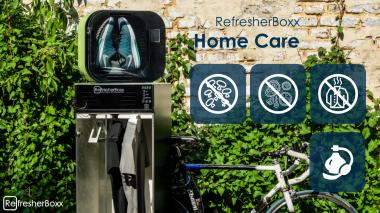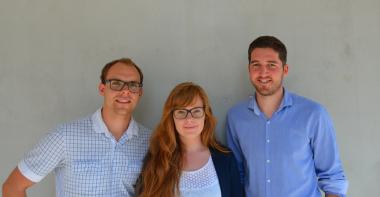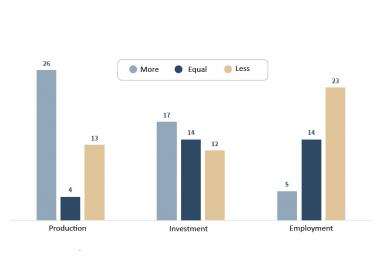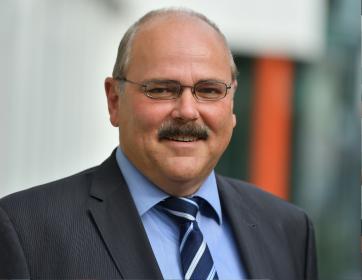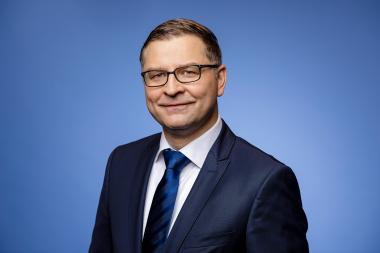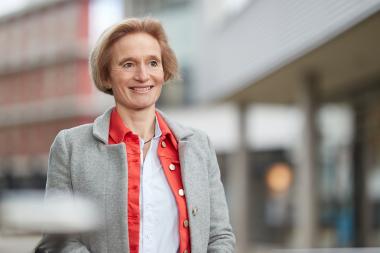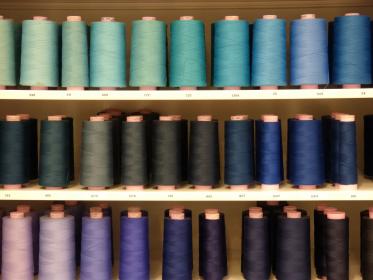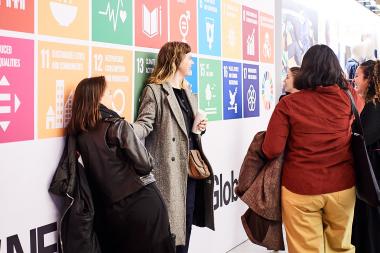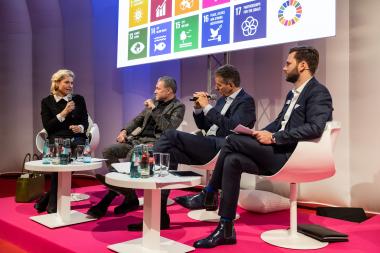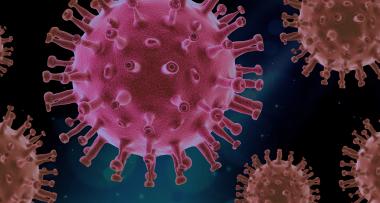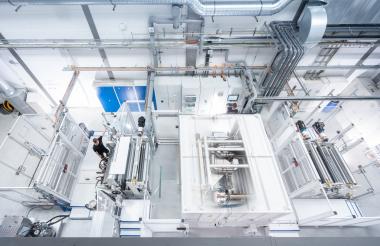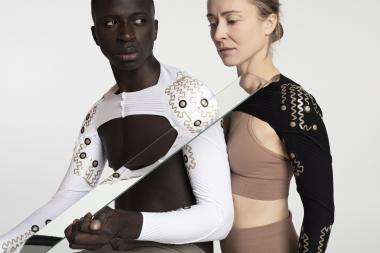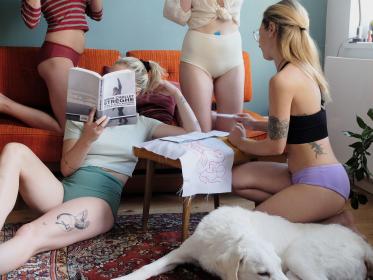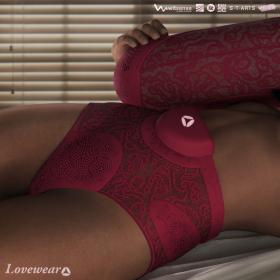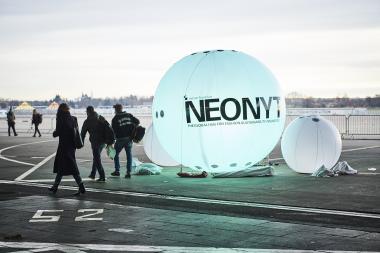Composites Germany presents results of the 17th Composites Market Survey
- Highly positive rating of current business situation
- Future expectations are optimistic
- Varied expectations for application industries
- Still the same growth drivers
This is the seventeenth time that Composites Germany has identified the latest KPIs for the fibre-reinforced plastics market. The survey covered all the member companies of the three major umbrella organisations of Composites Germany: AVK (Industrievereinigung Verstärkte Kunststoffe e.V.), Leichtbau Baden-Württemberg and the VDMA Working Group on Hybrid Lightweight Construction Technologies.
As before, to ensure a smooth comparison with the previous surveys, the questions in this half-yearly survey have been left unchanged. Once again, the data obtained in the survey is largely qualitative and relates to current and future market developments.
Highly positive rating of current business situation
After ratings of the current business situation had been steadily declining for nearly two years in succession, last year’s survey already displayed a trend reversal towards a more positive outlook. This positive trend has now continued in the latest survey, with entirely positive ratings for all three regions (Germany, Europe and worldwide). For ex-ample, 80% described the current general business situation as either positive or indeed very positive.
Moreover, unlike in the last survey, this more optimistic assessment applies not only to the general business situation, but also to the respondents’ own businesses, as they gave even more positive ratings than last year.
There are currently quite a few challenges in the industrial environment. In many cases, the Covid-19 pandemic, for example, has merely receded, but has not disappeared.
Business models have been and are still requiring adjustments. In some cases, supply chains have been severely disrupted and there are still some serious bottlenecks. The blockage of the Suez Canal by the Ever Given has once again highlighted the vulnerability of international commerce.
Shortages of raw materials, sharp increases in the prices of many raw materials and, most recently, a shortage of chips are having a major impact on various application industries. Nevertheless, the overall picture in the composites in-dustry is extremely optimistic. Similarly positive ratings were last achieved in the autumn 2018 and spring 2019 surveys.
Future expectations are optimistic
The positive prevailing mood is further reinforced by positive expectations for the future. A consistently optimistic picture emerged when respondents were asked about their ex-pectations for future business developments. For example, more than 80% of respond-ents are expecting the business situation in Europe to improve over the next six months. The pattern is similar for the other regions.
Varied expectations for application industries
Expectations on selected application industries vary substantially. As in the previous survey, significant declines are expected, above all, in automotive, aviation and wind energy. However, we can see that the proportion of respondents giving more pessimistic assessments has once again declined significantly.
Whereas, in the last sur-vey, 46% were expecting to see the situation get worse in aviation, this value has now dropped to a “mere” 17%. In the automotive sector, it has dropped from 17% (second half of 2020) to only 14%.
Two areas of application, in particular – infrastructure/construction and sports/leisure – have long been seen by many respondents as major growth stimulants for the composites industry. Even in times of a more difficult industrial environment, these two areas are currently proving to be especially robust.
GRP is still a growth driver
As before, the current market survey shows Germany, Europe and Asia as the global regions expected to deliver the most important growth stimuli for the composites segment. Expectations for Asia, on the other hand, have declined somewhat in favour of Europe. Where materials are concerned, we are seeing a continuation of the ongoing paradigm shift.
Respondents are still convinced that CRP (carbon fibre reinforced plastic) is losing ground as a growth driver. However, GRP (glass fibre reinforced plastic) is now ranking as the most important material for the third time in succession. A large number of respondents have also mentioned the area entitled “Across All Segments” this time.
Composites are still relatively young materials with a great deal of potential. It remains exciting to see to what extent composites will continue to emerge as alternative materials and whether they can benefit from the major forthcoming developments (e.g. alternative drives, a growing demand for sustainability, alternative power sources, 5G, etc.).
The next Composites Market Survey will be published in January 2022.
Composites Composites Germany AVK - Industrievereinigung Verstärkte Kunststoffe e. V. market survey
Composites Germany


